 |
| The appearance of olive oil in Starbucks coffee cups has contributed to arousing many people's curiosity about this oil. (Source: Starbucks) |
At the end of February, many coffee "fans" in general were surprised when Mr. Howard Schultz, CEO of the famous coffee chain Starbucks, decided to launch a new drink called "Oleato", meaning with oil.
Partanna olive oil is steamed with oat milk for coffee, shaken in iced espresso, and sweetened with vanilla foam to create a golden layer of foam on top of the cold brew. Customers can also customize their drinks with a spoonful of olive oil.
Mr. Schultz said that his inspiration came from a summer trip to Sicily, Italy, where he witnessed the locals drinking olive oil every day. The combination of this food with coffee convinced the American businessman and Starbucks. It is still too early to know whether this change will contribute to increasing sales for the global coffee chain. However, it will bring a "new" breeze to Starbucks customers about a new way to enjoy coffee, as well as arouse a certain curiosity about olives and olive oil, a unique feature in the long-standing cultural and culinary history of the people of the Mediterranean region, North Africa in particular and the world in general.
| “It makes the drink richer… Many people consider it ‘luxury,’” Starbucks marketing director Brady Brewers said of the decision to include olive oil in its premium coffee products. |
“Gift” of the Gods
Derived from the pressing of the ripe fruit of the olea europaea tree, olive oil has a rich and fascinating history in Greece. Fossils show that the olive tree originated in the Oligocene region (Italy and the eastern Mediterranean) 20-40 million years ago. It was used as fuel and food by humans in Africa and Morocco 100,000 years ago and was cultivated more than 7,000 years ago. One of the oldest olive trees in the Vouves area of Crete has been dated to 2,000-4,000 years old.
However, for the ancient Greeks, the significance of the olive tree and olive oil came not only from its practical applications in daily life, but also from its symbolic role in their spiritual and mental life.
The most famous story about the ancient olive tree concerns Athena's contest with Poseidon over the gift of protection for the region of Attica. When the god of the sea struck the earth with his trident, creating the first saltwater, the goddess of wisdom, courage and strength presented an olive tree. Athena's offering won and she became the protector of the city that bore her name, Athens. On the Acropolis, the site of the first olive tree, the ancient Greeks erected the Parthenon to honor their god. They also carved the Athenian coin of the olive branch with an owl, a sacred relic of Athena, the olive branch representing the divine protection of the goddess of wisdom, courage and strength.
 |
| Wild olive wreaths were considered a prize for the victors of the Olympic Games in ancient Greece. (Source: Classical Numismatic Group) |
Another story about the origin of the olive tree is related to a character that is “familiar” to many Vietnamese people, the demigod Heracles. It is said that when he came to the temple of his father, Zeus, he realized that there were no trees there. When he saw the olive tree during his visit to the land of the Hyperboreans, he brought this tree to plant on Mount Olympia. Here, he also built the first games to honor Zeus, the origin of the Olympic tradition later. The shade of the olive tree was the place where athletes stopped and rested after competing under the harsh sun.
In particular, the ancient Greeks seem to have distinguished between the cultivated olive, elaia, and the wild olive, kotonos. During the ancient Olympic Games, the victors of each event were crowned with a wreath of wild olives, ritually cut and woven from the sacred kotonos trees that grew outside the temple of Zeus at Olympia. The wild olive branch thus became a sacred symbol of Zeus’s protection, and the god himself was often depicted wearing a crown or half wreath of olives.
Notably, even the technique of olive cultivation is believed to have mythological origins. Legend has it that the demigod Aristaeus was the one who bestowed upon humans the knowledge of how to care for and exploit the tree, along with many important crafts such as beekeeping, herb making, cheese making, and other “pastoral” and rural occupations such as cattle raising and foraging.
| Homer, the poet of the Iliad and the Odyssey, called olive oil “liquid gold.” Another story says that King David, the mythical king of the Jews, valued olive trees so much that he had soldiers guard them and their oil stores. |
Unique cultural features
In fact, olives and olive oil have become a unique cultural feature of Mediterranean and North African countries.
Since ancient times, the olive has been a source of food, medicine, cosmetics, light and important religious importance to the ancient peoples of the Mediterranean, including the Minoans and Mycenaeans. Olive oil and olives were both a basic part of the menu of the people here. The leaves of the tree were also used as a medicinal tea and wash for various ailments.
Meanwhile, olive tree trunks were used to make household utensils, houses and even carved into sacred statues, including the statue of the Goddess Athena at the Erechtheum on the north side of the Acropolis, Athens.
In particular, olive oil has many special uses for health, was used as an ingredient in perfume, and is also considered a moisturizer, body and hair cleanser. Some ancient documents show that Greeks, especially athletes, often rubbed olive oil on their skin, then used a curved knife (strigil) to scrape the surface to remove dirt and sweat. Olive oil was also used as fuel for earthenware lamps and torches.
 |
| Olive fruit and olive oil are an important part of the cuisine of Mediterranean and North African countries. (Source: Stocksy United) |
In particular, because olives were considered a "gift" from the gods, this tree also had sacred significance in the religious activities of the ancient Greeks.
Olive oil was often used to anoint sacred places, ritual objects, and the body before rituals. In many places, olive oil was used as fuel to light temples and to anoint kings and victors. Today, olives and olive oil continue to play an important role in Greek culture and economy .
Along with oregano, olive oil appears on almost every Greek menu, whether it is eaten with boiled greens, salads, feta cheese, or as an oil for grilled fish or enjoyed on its own. The complex flavours, which vary according to growing conditions and climate, also contribute to the sophistication of olive oil’s seemingly simple appearance, with many Greeks considering the tasting of olive oil as sensory-intensive as wine. Olive oil is also a popular base for soaps, cosmetics and perfumes.
Not to mention the lush olives, which come in a myriad of sizes and colours. Initially, they taste raw and bitter, but after being prepared, cleaned, cured in oil, salt, stuffed, marinated with herbs and vinegar, they can be eaten with salads, stews, pasta, appetizers or simply as a snack.
 |
| Greece is the world's third largest producer of olive oil. (Source: Olive Oil Times) |
With so many uses, it is not difficult to understand why each Greek person consumes an average of more than 10 liters of olive oil/year. With 140 million olive trees, producing 300 million liters of oil/year, Greece is the third largest olive oil producer in the world. In 2021, the country exported 175 million tons of olive oil and earned 494 million Euros. Notably, the majority of olive oil in this country (82%) is extra virgin olive oil (EVOO), with the highest purity and quality and always favored by foreign markets.
However, in recent times, due to the impact of climate change, Greece's olive oil production has tended to decrease. Severe drought in the Mediterranean region, large forest fires in 2021 that destroyed part of the olive acreage, and high inflation in Europe have posed many challenges.
Fortunately, recently, the Greek olive oil industry is expected to continue to recover and develop strongly in 2023, bringing economic benefits while protecting the unique cultural values and traditions of the Greek people in particular and the Mediterranean and North African regions in general.
 | French Newspaper: Vietnam tourism is a destination not to be missed Euronews believes that Vietnam is a destination that tourists should not miss with its diverse ecosystem, large caves... |
 | New destinations in Korea without visa The April 30 - May 1 holiday is approaching, visa-free foreign tours are of interest to Vietnamese tourists... |
 | Many destinations in China have 'changed their skin', let's 'pack up and go' After the Covid-19 pandemic, many tourist attractions in China have reopened or undergone dramatic changes. Now ... |
 | 16 minutes of DJing on the 'roof of Africa', bringing Tanzania to the world Performing on Mount Kilimanjaro has made young Tanzanian DJ Joseph Simon Misa's dream come true. |
 | Exhibition of paintings and art photos about the history, nature and people of Con Dao 100 works of art photography and 20 sketches were exhibited to promote the image of Con Dao... |
Source












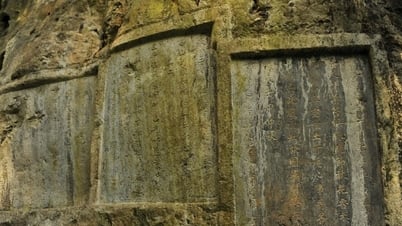













































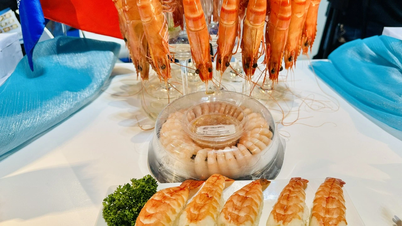













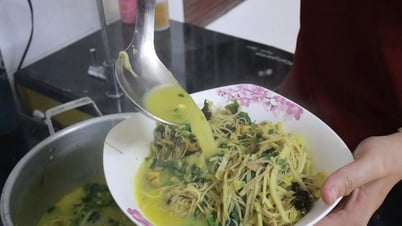















![[OCOP REVIEW] Tu Duyen Syrup - The essence of herbs from the mountains and forests of Nhu Thanh](https://vphoto.vietnam.vn/thumb/402x226/vietnam/resource/IMAGE/2025/6/5/58ca32fce4ec44039e444fbfae7e75ec)



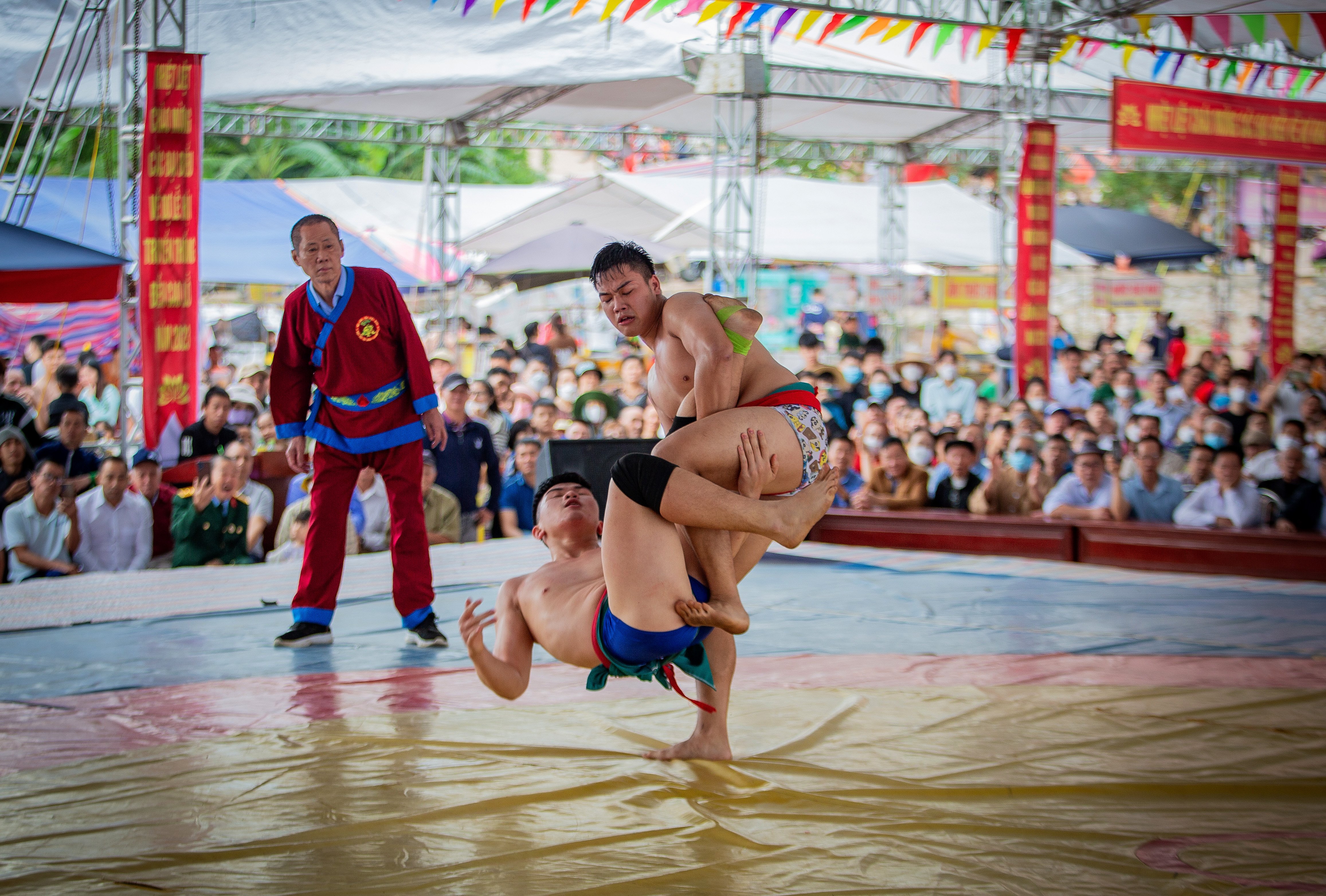
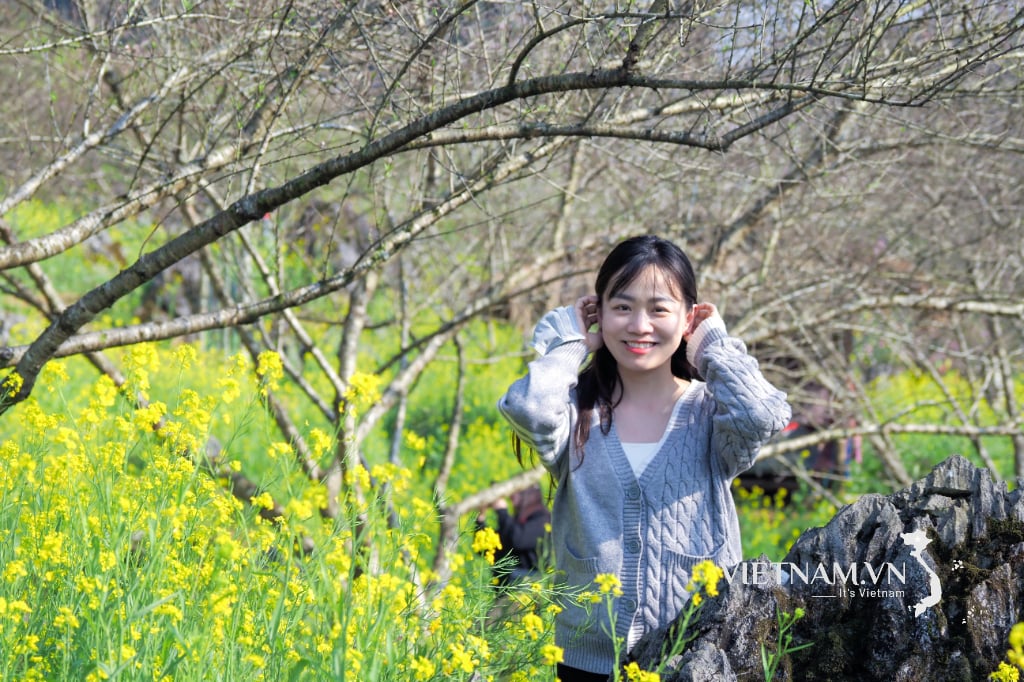
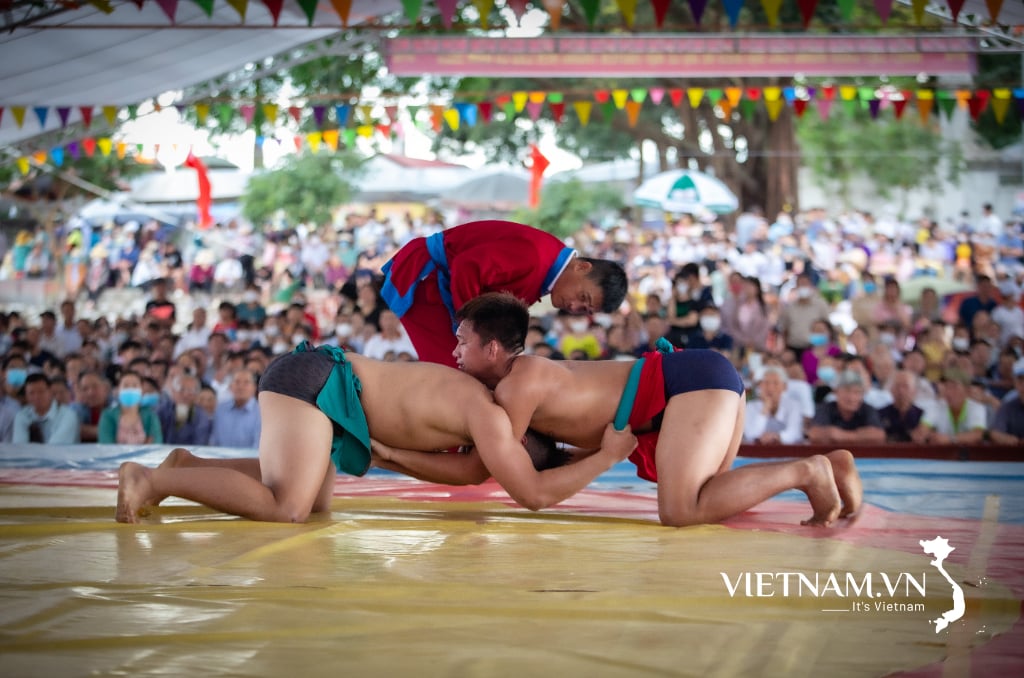

Comment (0)